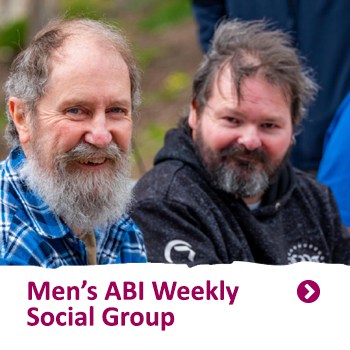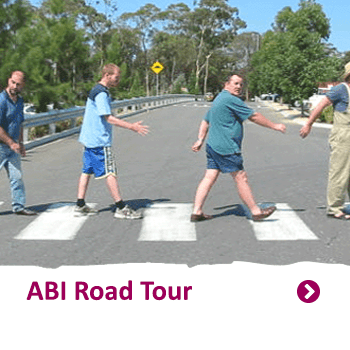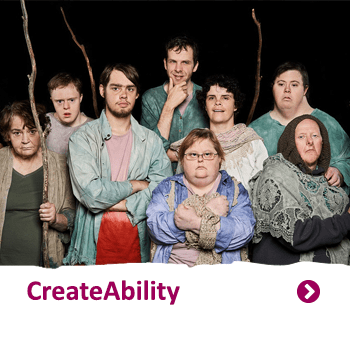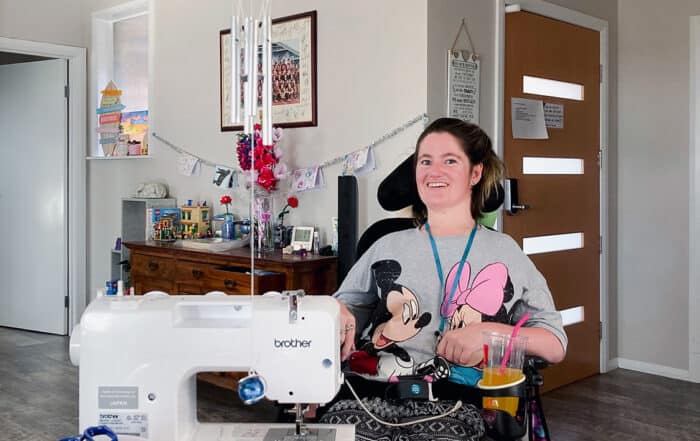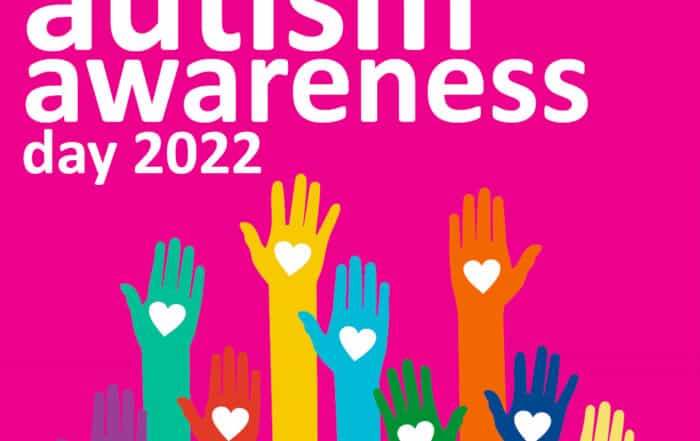Disability
At Golden City Support Services we make a difference in people’s lives.
 What can Golden City Support Services do for you?
What can Golden City Support Services do for you?
- We provide support for adults
- We design support according to an individual’s situation
- We support people to identify and achieve their goals
- We support people to create and maintain independence through skill-development in daily living skills
- We work with the people we support to create and maintain meaningful social connections and relationships
- We support people with everyday communication and decision-making
- We assist with links to education
- We can provide one-on-one support or group support or a mix of both
 Location
Location
Bendigo, Echuca, New Gisborne and surrounding regions.
 How Golden City Support Services makes a difference in people’s lives
How Golden City Support Services makes a difference in people’s lives
- Support at home
- Support in your community
- Supported Independent Living
- Short Term Accommodation / Respite
- CreateA: Art and drama group who meet regularly
- NDIS Support Coordination
- NDIS Plan Management
 How we provide support?
How we provide support?
- We support people to achieve what they want in their day-to-day lives, in their home and community
- We work alongside people to engage them in their day-to-day life
- Our team are coached to provide support in ways that have been proven to make a real difference in people’s lives
- We have an Allied Health team including Behavioural Support Practitioner, Exercise Physiology and others
Our Activities
Recent news
Creating Independence
Our Creating Independence group is looking for interested members to join them. Creating Independence is a group of people with disability who are interested in helping other people with disability have better services and
Handmade by Sopha Bear
Sophie gained an interest in textiles during High School, but it's in recent years that it's taken on a life of its own, with Sophie now running her own stall - Sopha Bear -
World Autism Awareness Day 2022
Did you know that males are four times more likely to be diagnosed with Autism Spectrum Disorder (ASD) than females, despite females being just as likely to have ASD? This is because of historic gender biases

